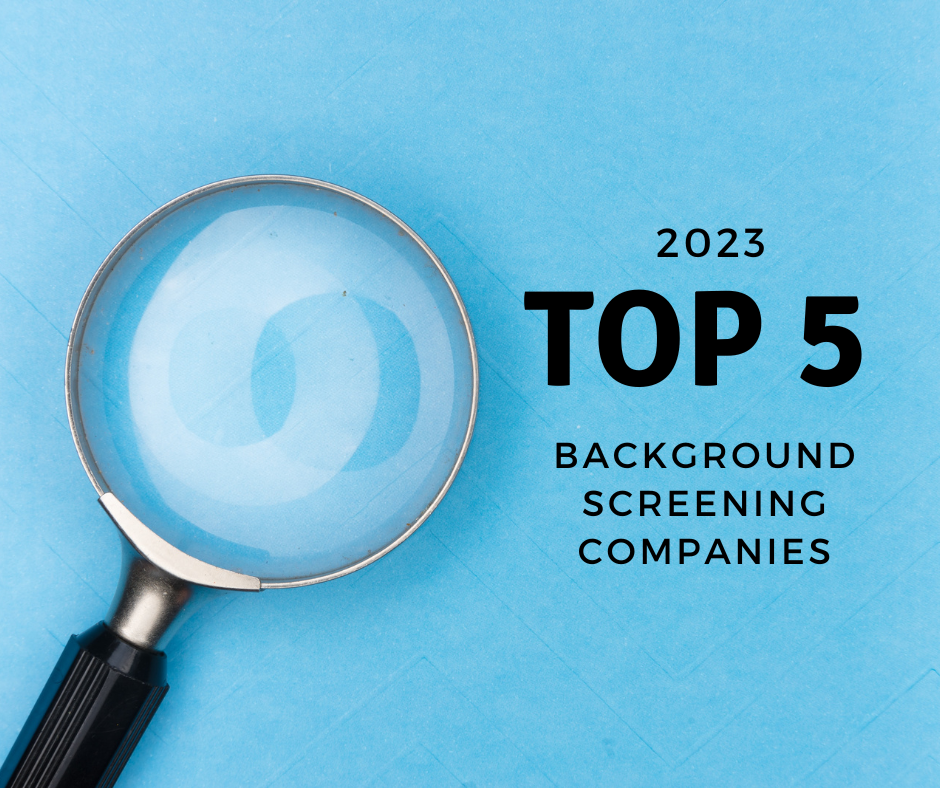BIB applauds the Consumer Financial Protection Bureau (CFPB) for issuing a final rule that helps survivors of human trafficking avoid some of the financial consequences of this heinous crime. The CFPB has established a method for survivors to submit documentation to credit reporting companies that identifies any adverse item of information that resulted from human trafficking and prohibits credit reporting companies from providing a report containing such information.
As a background screening company, we understand the importance of credit reports in various aspects of life, including employment and housing. Survivors of human trafficking often find that their credit reports reflect financial obligations and negative information that were the result of the financial abuse they endured while being trafficked. Traffickers employ financial abuse as both a source of income and a method of control. After destroying their victims’ credit history and racking up charges in their names, traffickers know their victims will be unable to find affordable housing, become employed, or access credit on fair terms for purchases such as buying a car.
The CFPB’s final rule helps survivors reclaim control of their financial lives by providing guidance on the “trafficking documentation” they need to provide to credit reporting companies, including certain determinations made by a wide range of entities, self-attestations signed or certified by certain government entities or their delegates, and documents filed in a court where a central issue is whether the person is a victim of trafficking. Survivors will be able to go to credit reporting companies’ websites to learn the submission procedures for each company, and credit reporting companies must block adverse information in credit reports after receiving a survivor’s submission of documentation. Credit reporting companies will have four business days to block adverse information once it is reported to them and 25 business days to make a final determination as to the completeness of the documentation. Credit reporting companies can only decline to or rescind a block if the identity of the survivor cannot be confirmed, the survivor cannot provide proof of a victim determination, or the adverse items cannot be identified.
The CFBP’s final rule applies to all credit reporting companies, including nationwide credit reporting companies, such as Equifax, Experian, and TransUnion, and specialty credit reporting companies focused on areas such as employment screening, tenant screening, check and bank screening, personal property insurance, medical, low-income and subprime, utilities, retail, and gaming. We support this comprehensive approach to ensure that all survivors of human trafficking have access to the same protections and opportunities to rebuild their lives.
As a company dedicated to promoting fairness and equity in background screening, we are proud to stand with the CFPB in this effort to support survivors of human trafficking.
BIB offers the option to block negative information that relates to human trafficking through our online dispute portal. To learn how to submit a dispute online, please refer to our Help Center article titled "How do I dispute something on my background check?".
To request adverse information related to human trafficking be blocked, the following details must be provided:
-
-
- Evidence of your identity, such as a scanned copy of your driver's license or passport
-
-
-
- Documentation related to human trafficking, which must include at least one of the following:
- A determination of victim status from a government entity at the federal, state, or tribal level
- A determination of victim status from an authorized non-governmental organization or member of a human trafficking task force
- Court records indicating victim status
- A signed statement from you or your representative confirming that you are a victim of trafficking. The statement must also be signed by a government entity, a non-governmental organization or human trafficking task force, or a court.
- A clear identification of the specific negative information resulting from human trafficking that you want to block.
- Documentation related to human trafficking, which must include at least one of the following:
-
If you or someone you know is a victim of human trafficking, please call the National Human Trafficking Hotline at 1-888-373-7888 (TTY: 711) or text 233733.




